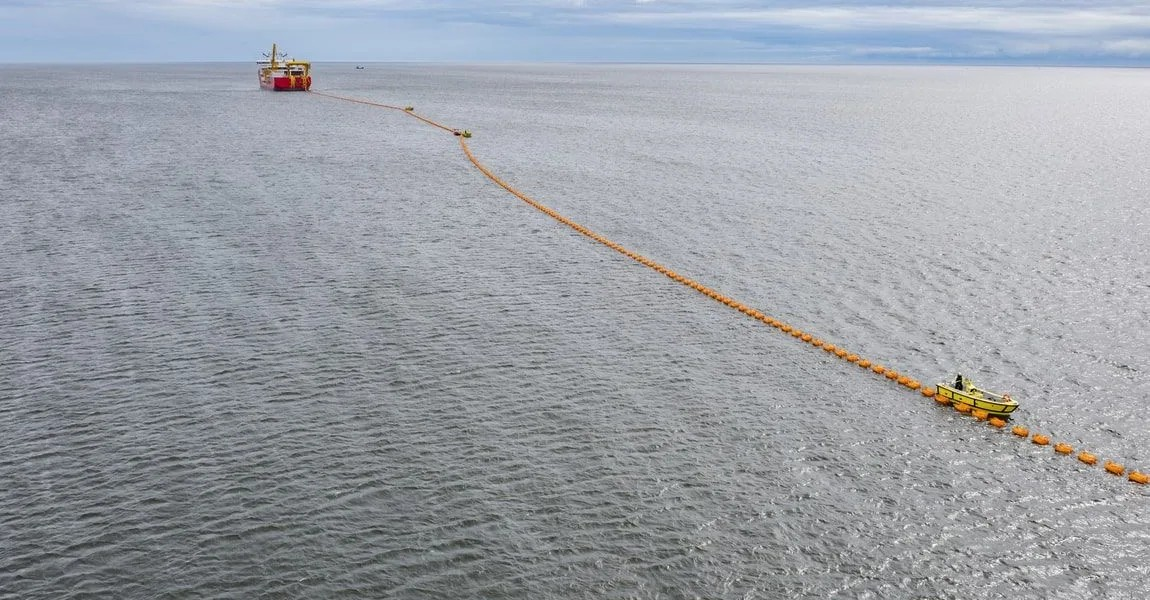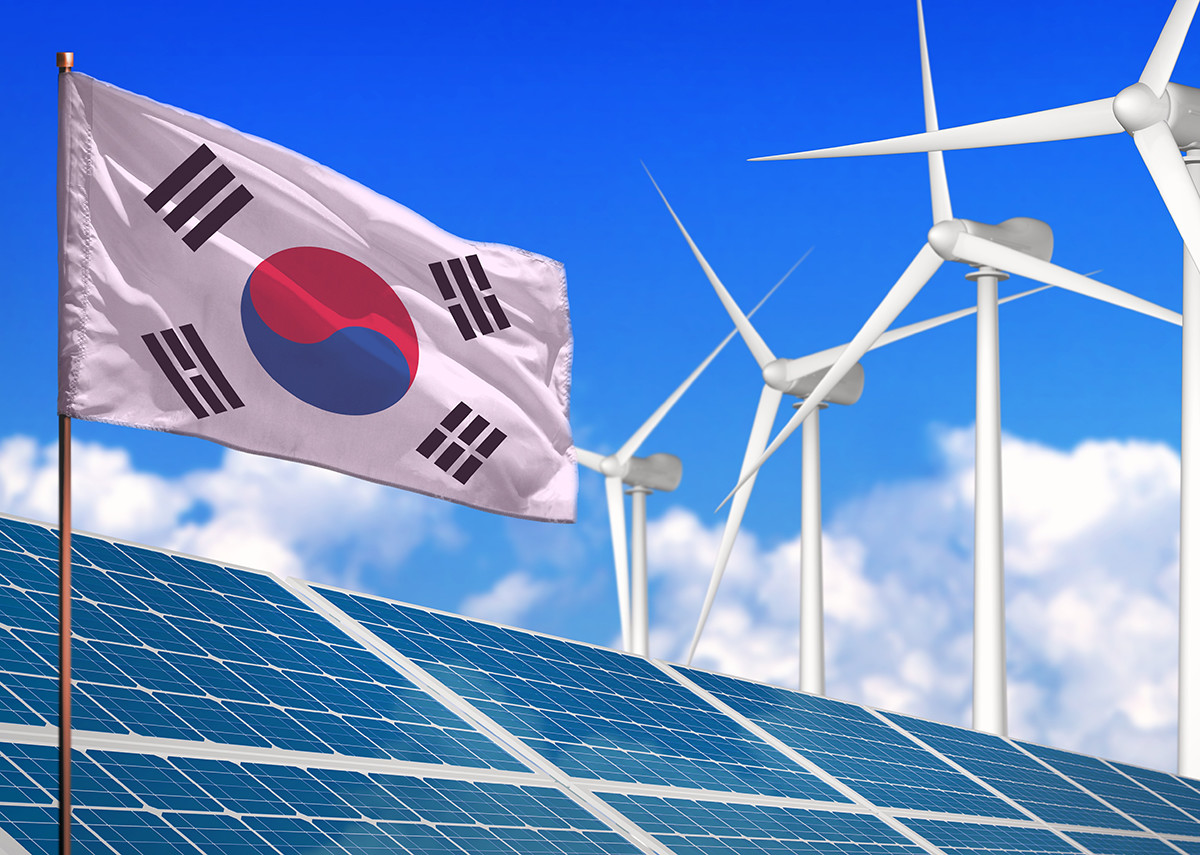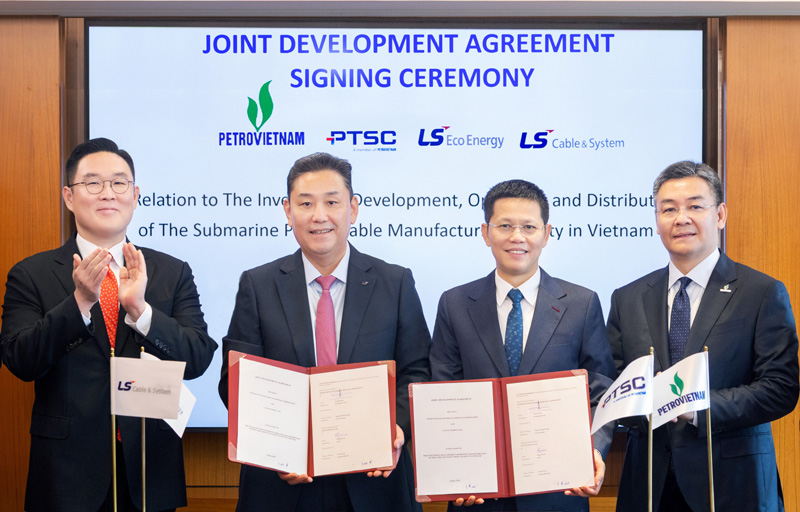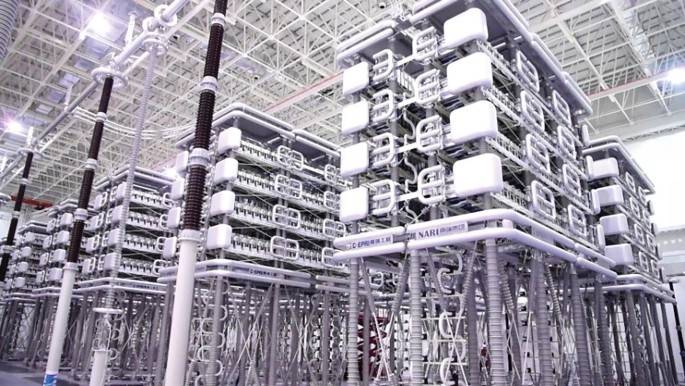Cyprus Stalls Greece-Cyprus Cable as Turkey Advances Connection


The strategic Greece-Cyprus electrical interconnector, known as the Great Sea Interconnector (GSI), faces ongoing delays as Cyprus hesitates to approve funding, while Turkey accelerates its own cable project linking to Cyprus.
On July 30, a critical teleconference brought together energy regulators from Greece (RAAEY) and Cyprus (CERA), Greece’s Independent Power Transmission Operator (IPTO), and the European Commission. This marks the fourth meeting in a month aimed at resolving Cyprus’ reservations about financing the GSI, a project vital to the energy and geopolitical interests of both Greece and Cyprus. The Cypriot regulator, CERA, has yet to approve the funding allocation for Cypriot electricity consumers, leaving the 1,000-kilometre cable project, constructed by Nexans, in limbo.
Meanwhile, Turkish President Recep Tayyip Erdoğan is moving swiftly to establish an electrical interconnector between Turkey and Cyprus. This project, initiated in 2016 with technical studies completed between 2017 and 2019, is designed to integrate Cyprus further into Turkey’s infrastructure. The 300 MW high-voltage direct current (HVDC) cable will stretch 80 to 110 kilometres from Mersin in southern Turkey to Agios Epiktitos, near Kyrenia. A 2023 agreement between Turkey and the so-called “Turkish Republic of Northern Cyprus” set the project’s completion target for 2028, with cable-laying initially planned for 2024–2025.
Turkey’s broader strategy includes integrating Cyprus through other infrastructure, such as telecommunications networks and a water pipeline, alongside aligning their banking system with Turkey’s financial framework. On July 20, Erdoğan reaffirmed his commitment to the cable project, which could render Cyprus' energy-independent, dealing a significant geopolitical blow to Nicosia.
Adding complexity, Turkey’s electricity transmission operator, TEIAS, holds observer status in the European Network of Transmission System Operators for Electricity (ENTSO-E) since 2022, despite Greece’s earlier efforts to block this. Cyprus’ then-Foreign Minister Ioannis Kasoulides did not veto Turkey’s inclusion, allowing Ankara to promote its project within European circles.
The GSI, supported by the European Commission, remains stalled not only due to Cyprus’ funding hesitancy but also following Turkey’s interference with marine surveys for the cable last year. Sources suggest Nicosia’s reluctance, through CERA’s refusal to approve regulated revenue for IPTO, signals a lack of commitment to a project critical for Cyprus and Europe’s energy security.








